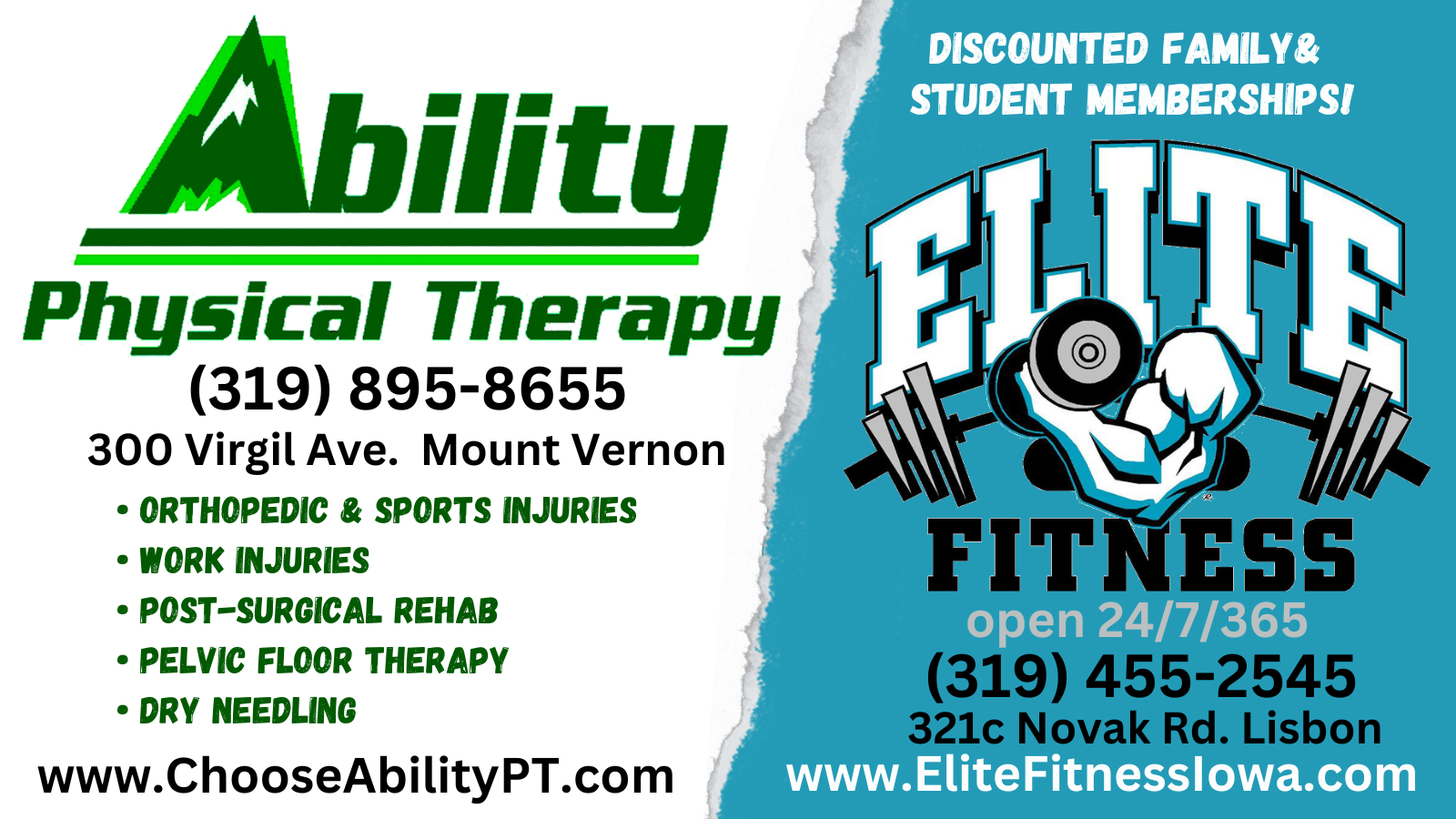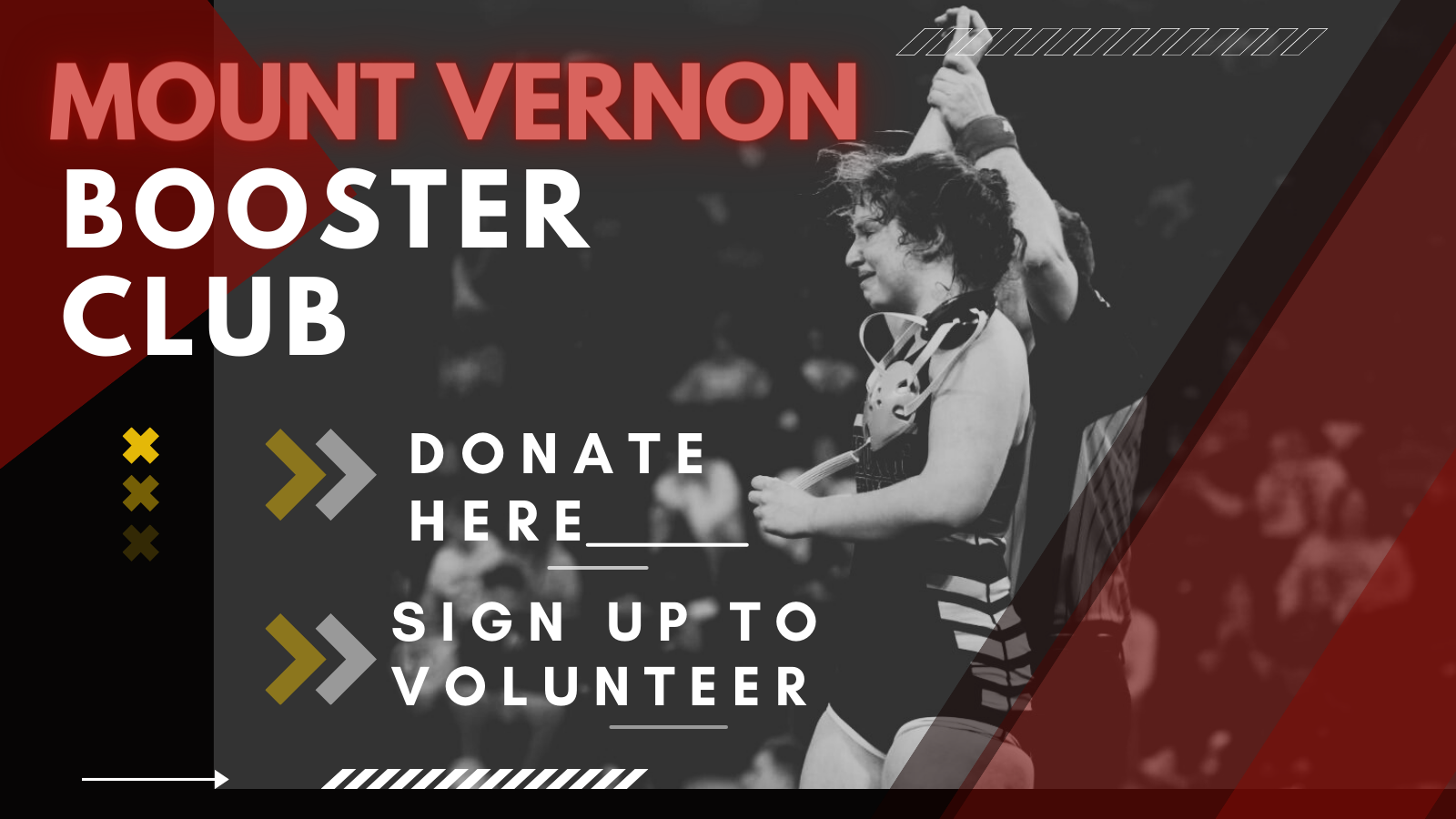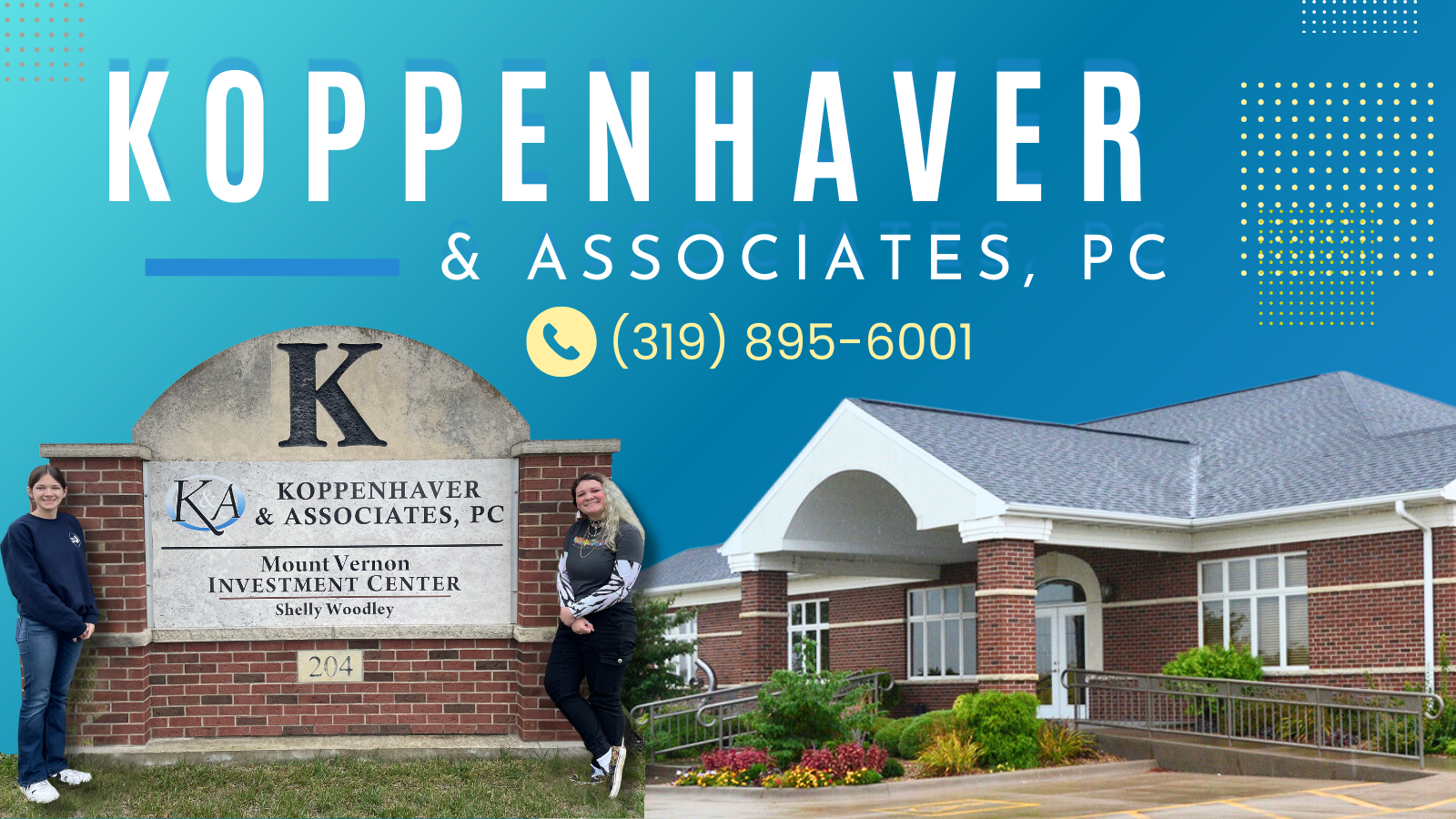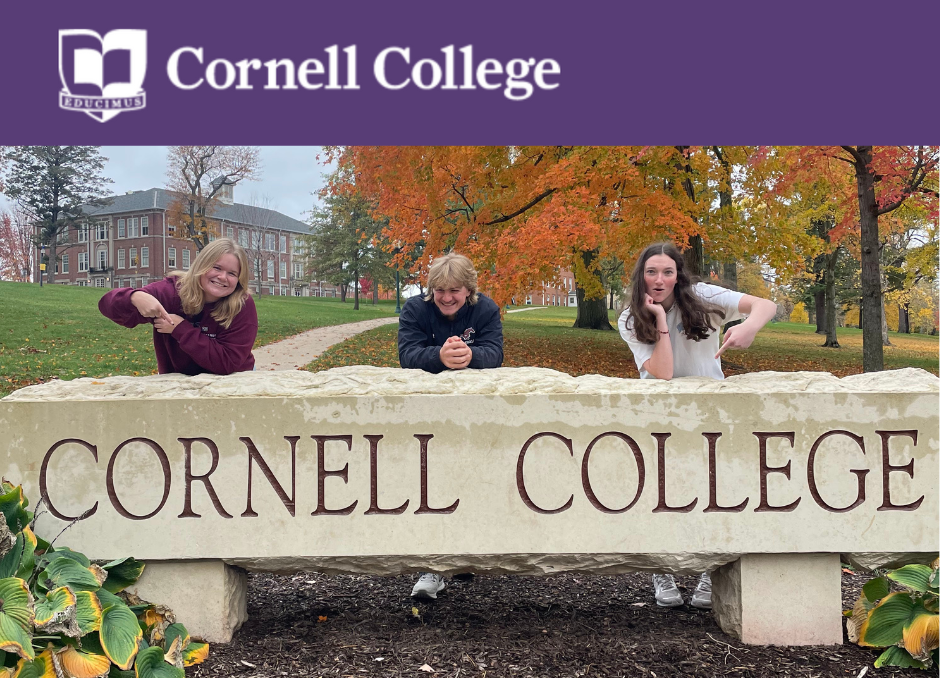Seniors Need More Options Than Just College
March 7, 2019
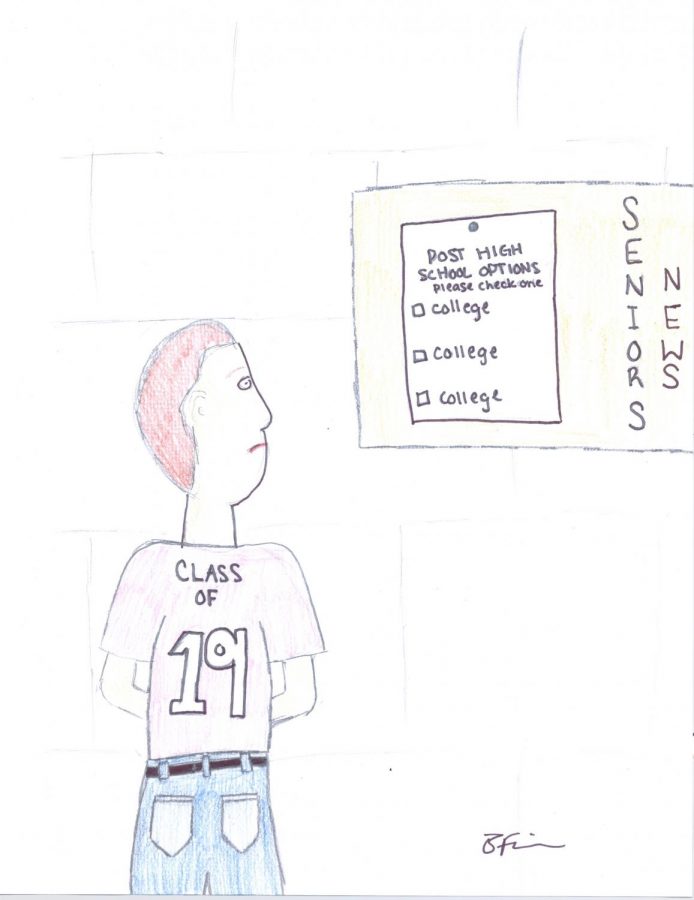
What are you doing next year? What college are you attending? What is your major? These are the things that seniors get asked on a daily basis. What happens when they cannot answer those questions? The overwhelming thought of what comes next can get to be a lot for some seniors.
In today’s society, it is the norm that right after high school, young adults are shipped off to college. But what if these students don’t know what they want to do with the rest of their lives? Why are they being forced by society to “succeed” by paying thousand of dollars towards a degree they are unsure of or do not want? And what happens if these students graduate from college and don’t use their degree, or even worse, what if they don’t finish college because it is too much for them?
Sometimes school is just not the right path for each and every person. If students have jobs throughout their high school career and have the option of moving up in the company, that may be a better option for them in the long run. Once high school is over and more hours are possible to work, and if they can get a promotion and make a higher wage, they could be set and making money.
As for the students in college who don’t know what they want to do and have no job, they are worse off in the long run. If a student is going through the first two years of college with no clue what their major will be and partying every weekend, they are throwing their money away, and they will be in debt almost their whole life.
Due to internships, people who don’t go to college may have the same amount of experience as someone who went to college yet they are not looked at at a high enough standard as a college graduate. This needs to be changed, more options, other than college, need to be shown to students. Some people can not afford college but still want to succeed and some employers are not giving them the same opportunity as a college graduate to thrive.
Parents and teachers should stop pushing college on students to may not want, and who may not be able to afford the education. They need to inform students of other options and not relate college to the only pathway to success.

